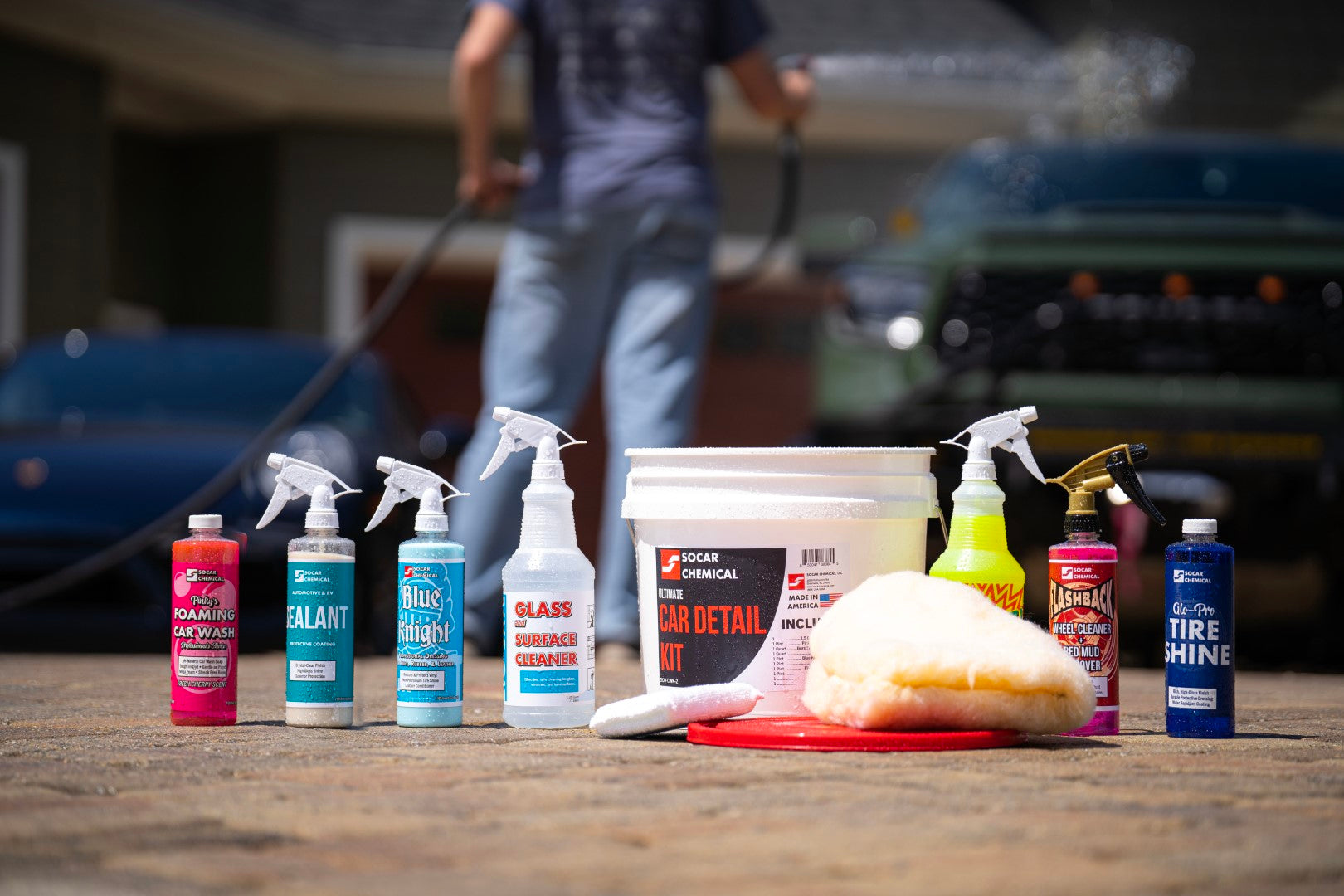Cleaning products play a crucial role in maintaining cleanliness and hygiene in our homes and workplaces. However, it is essential to understand the potential harm they can cause to the environment. In this blog post, we will delve into the various ways in which cleaning products can negatively impact our surroundings, from their production to disposal. By shedding light on these hidden dangers, we can make informed choices and adopt more eco-friendly cleaning practices.
- Chemical Ingredients and their Environmental Consequences:
Cleaning products often contain a cocktail of chemicals, including surfactants, solvents, and fragrances. While these ingredients are effective in removing dirt and grime, they can have detrimental effects on the environment. For instance, certain surfactants, such as alkylphenol ethoxylates (APEs), are known to disrupt aquatic ecosystems and harm marine life. Additionally, volatile organic compounds (VOCs) present in many cleaning products contribute to air pollution and can have long-term health implications. - Water Pollution and Eutrophication:
When cleaning products are washed down the drain, they enter our waterways and can contribute to water pollution. Phosphates, commonly found in laundry detergents and dishwashing liquids, are a major concern. These compounds can lead to eutrophication, a process where excessive nutrients cause algal blooms, depleting oxygen levels and harming aquatic organisms. By choosing phosphate-free alternatives, we can help mitigate this environmental issue. - Packaging Waste and Plastic Pollution:
The packaging of cleaning products often involves single-use plastics, which contribute to the global plastic pollution crisis. Plastic bottles, spray nozzles, and caps end up in landfills or find their way into oceans, posing a significant threat to marine life. Opting for cleaning products with minimal packaging or those packaged in recyclable materials can help reduce this environmental burden. - Energy Consumption and Carbon Footprint:
The production, transportation, and disposal of cleaning products require significant energy inputs, contributing to greenhouse gas emissions. By choosing eco-friendly cleaning products, such as those made from plant-based ingredients or those with biodegradable formulations, we can reduce our carbon footprint. Additionally, using energy-efficient appliances and adopting sustainable cleaning practices, such as cold water washing, can further minimize environmental impact. - Sustainable Alternatives and Responsible Choices:
Fortunately, there are numerous eco-friendly alternatives available in the market today. From natural cleaning solutions like vinegar and baking soda to environmentally certified cleaning products, consumers have a wide range of options to choose from. By opting for products with recognized eco-labels, such as the EU Ecolabel or Green Seal, we can ensure that our cleaning routines align with our commitment to protecting the environment.
Conclusion:
While cleaning products are essential for maintaining cleanliness, it is crucial to be aware of their potential environmental impact. By understanding the hidden dangers associated with these products, we can make informed choices and adopt more sustainable cleaning practices. From choosing eco-friendly alternatives to minimizing packaging waste, each step we take towards greener cleaning contributes to a healthier planet for future generations.

